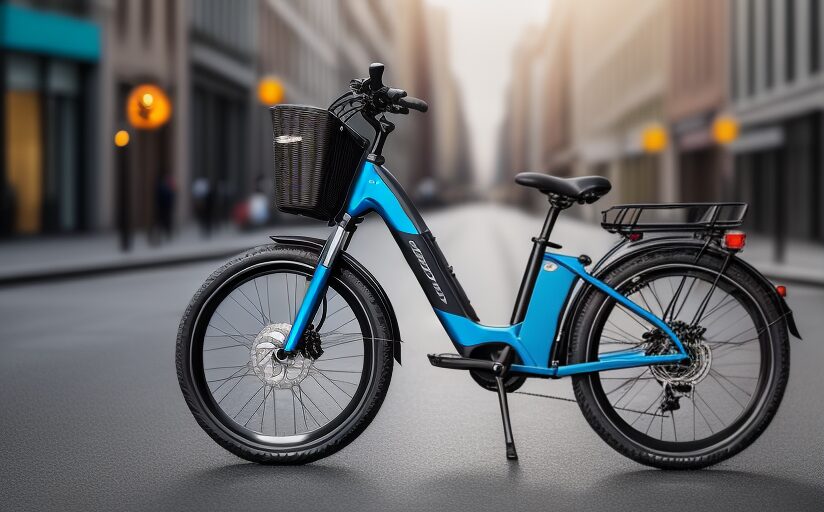Bright Future of E-Bike Technology: Trends and Impacts

Electric bikes are increasingly popular in urban environments due to their lower pollution compared to cars and convenience over traditional bicycles. Stakeholders are collaborating to promote the use of electric bikes and to address the remaining challenges in the industry.
Electric bikes help reduce urban congestion and carbon footprint, with electrically assisted bicycles emitting significantly less CO2 per kilometer than conventional vehicles. The development of cycling infrastructure has led to a rise in bike-sharing programs and tailored offers for different user groups.
Despite the benefits, the electric bike industry faces challenges such as sustainable production. Many brands are shifting to European production despite higher costs to ensure quality and sustainability. Battery management is another concern, with the need for better recycling and repairability. Innovations from companies like Guach and GreenWay are emerging to address these issues.
Electric bikes also contribute to greater environmental awareness among city dwellers, encouraging them to adopt other sustainable practices. Brands have a responsibility to educate consumers on the environmental impact and technical aspects of electric bikes.
Safety innovations are being developed, including connected bikes with geolocation and maintenance support, and C-V2X technology to improve visibility to other road users. Accessories like inflatable helmets are also enhancing safety.
Government initiatives, such as the EU’s anti-dumping law and significant investments in cycling infrastructure, support the industry’s growth. Despite economic challenges, the electric bike market continues to evolve, with brands differentiating through connectivity and enhanced cycling experiences. Velco supports these brands with SaaS solutions to help them connect with cyclists and build brand loyalty.
Key Takeaways:
- Electric bikes are becoming increasingly popular in urban areas as they offer an environmentally friendly alternative to cars and help reduce traffic congestion.
- The electric bike industry faces challenges in sustainable production and battery management, with efforts towards local manufacturing and improved recycling techniques.
- Governments are investing in cycling infrastructure and providing financial incentives to support the growth of the electric bike industry and promote sustainable transportation.
“Electric bicycles can play a major role in reducing urban congestion. As cities become increasingly congested, electrically assisted bicycles (EABs) offer an agile, flexible and fast transportation solution.”
More details: here

